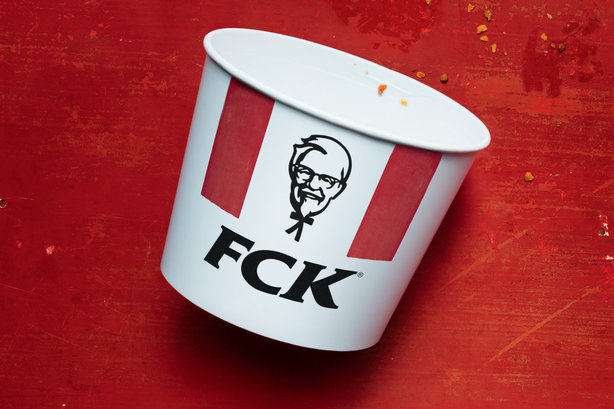
Propeller founder Martin Loat shares his thoughts on dealing with a crisis in this thought leadership featured in PR Week:
Imagine reading a thriller set in the PR industry: crisis comms would be the most intriguing backdrop for the plot, as this is the closest PR gets to real human drama.
It might begin: “It was a warm, May Sunday morning at the yacht club. I had just finished my second gin and tonic and Sunday Times Business section when my WhatsApp squeaked. It was the CEO of our biggest client saying she wanted to see me. Now.”
This is fiction.
In reality, the trusted PR advisor will be closer to the levers of power and see trouble much earlier. Hardly a week goes by without our vital skills being called on by CEOs.
In the UK we’ve seen the defenestration of Cambridge Analytica, the IT meltdown of TSB and the Public Health England admission about missed breast cancer screenings.
Harmful stories all.
In the first the CEO (and then the whole company) fell on its sword, in the second CEO Paul Pester appeared to dig him himself deeper into a hole of his own makingand in the last I have not detected a CEO (or equivalent) say anything – instead Health Secretary Jeremy Hunt took the rap.
These have made me reconsider the style of advice crisis comms experts give their clients when bad news breaks.
The classic line is to get the CEO in the media, be human, be contrite and show that you are dealing with the problem. Get ahead of the story, try to control the media agenda.
But is it time to be a bit more protective of our CEOs?
Maybe the increasing wave of instant social media reprisals, rolling news coverage and the cult of MPs on select committees grandstanding by sacrificing a CEO live on Sky News, mean that deploying CEOs as the caring face of the company is a hiding to nothing.
This happened to Paul Pester, the TSB CEO.
His desire to show he was dealing with the TSB IT fiasco personally served to put him in the firing line when perhaps he could have taken a lower profile and insisted that the TSB brand and corporate machine did more of the heavy lifting.
Contrast TSB with KFC and its “no chicken” crisis earlier this year (admittedly a less cataclysmic event than losing your bank access).
I can’t remember the name of the UK CEO or recall seeing them on TV.
But with its self-depreciating use of its brand in social media and advertising commentators seem to think the company “got away with it” in PR terms.
Sometimes the pragmatic PR needs to protect their CEO and help them survive to fight another day.
Consider deploying a corporate or brand “voice” instead”, not necessarily a human one.
My advice to my client CEO calling me on a Sunday afternoon might have been: “Let’s quickly agree what you want to say and do… then let’s get the company to say it.”